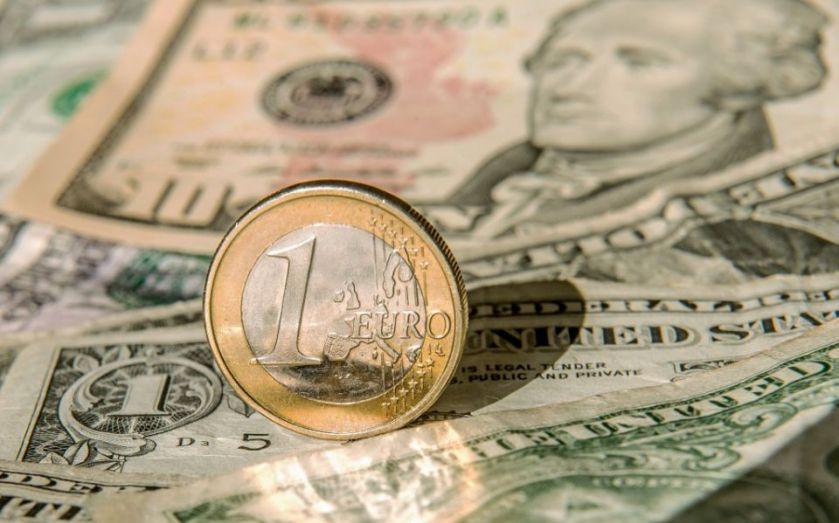As June PMIs point to continuing recovery, has the Eurozone finally turned the corner?

Anna Stupnytska is global economist at Fidelity Solutions. @AnnaStupnytska, says Yes
The Eurozone recovery is becoming well-entrenched, with Flash Purchasing Managers’ Indices for June pointing to further acceleration in the second quarter. Labour market healing continues and inflation is out of deflationary territory. Crucially, this improvement has been broad-based across the Eurozone.
Four main tailwinds have come together to make this possible: lower energy prices, easier monetary policy (driven by QE), a weaker euro and a more supportive fiscal stance. A number of indicators suggest this cyclical pick-up should continue at least through to year end and, likely, into 2016.
Any positive resolution to the Greek crisis should remove associated uncertainty, at least in the near term, and stimulate growth further. But while cyclical prospects are brighter, issues around structural and fiscal adjustment and questions over the Eurozone’s future itself remain. Arguably, stronger growth creates a more favourable backdrop to tackle them.
Jennifer McKeown is senior European economist at Capital Economics, says No
The latest business surveys have brought signs that Eurozone activity is holding up well. The rise in the composite Purchasing Managers’ Index in June left it consistent with an increase in GDP of about 0.4 per cent in the second quarter, which would match the first quarter’s outturn.
But such growth rates are slow by international standards and will do little to erode the economic slack that has built up over recent years. Note that growth at the start of the year probably owed much to the twin headwinds of the euro’s depreciation and the boost to spending power caused by an earlier fall in oil prices. Both will fade unless there is a renewed drop in the exchange rate or decline in oil prices.
Meanwhile, the Greek crisis remains a serious risk to the economic outlook. With negotiators still struggling to reach a compromise and Greek MPs objecting to the concessions that their Prime Minister has offered, Grexit could yet push the Eurozone economy back into recession.